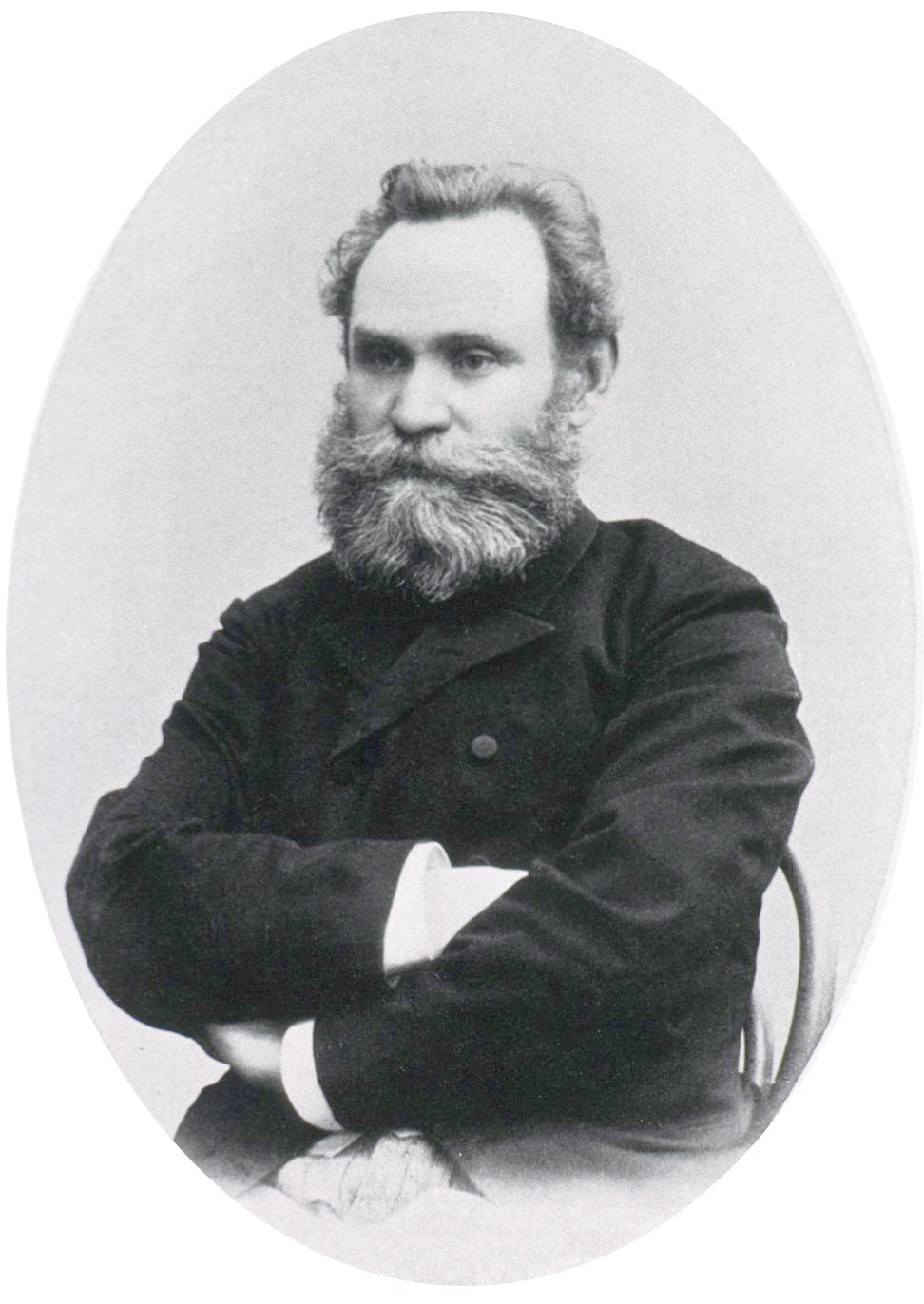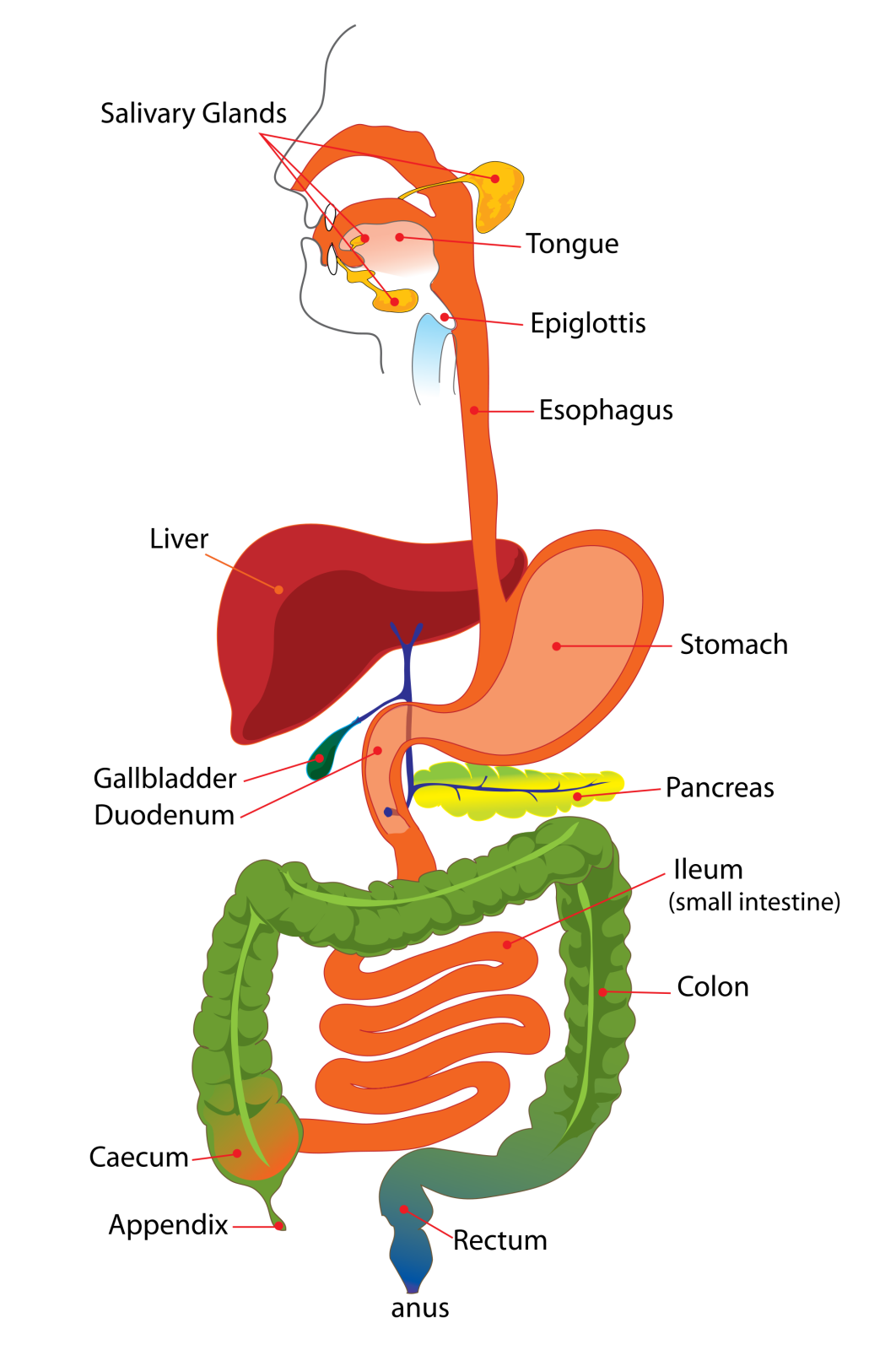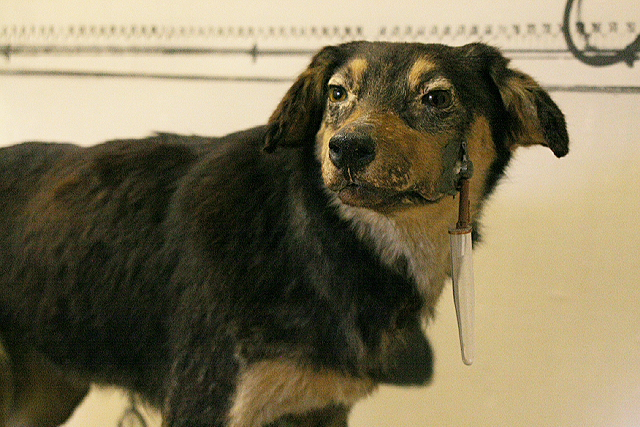Ivan Pavlov
by Andrew Boyd
Today, a Pavlovian perspective. The University of Houston presents this series about the machines that make our civilization run, and the people whose ingenuity created them.
Mention the name Pavlov and dogs drooling to the sound of a bell probably come to mind. Yet there's much more to the story of Ivan Pavlov, the first Russian to win a Nobel Prize.

Ivan Pavlov (1849-1936). Photo Credit: Wikimedia Commons
Born in 1849, Pavlov attended church school in his home town of Ryazan before moving on to a local theological seminary. But at age twenty-one he changed course and left to study in the department of math and physics at the university in Saint Petersburg. There he developed an interest in the natural sciences -- physiology in particular. Our understanding of the human body was in its infancy. Pavlov was fascinated and wanted to know more.
One of the areas that most interested him was digestion. The digestive canal, as he put it, was essentially a tube passing through the body. And as food traversed this tube, it made intermittent stops at "chemical laboratories equipped with various mechanical devices."

Diagram of the Digestive System. Photo Credit: Wikimedia Commons
To answer his digestive questions, Pavlov needed a plan of experimental study. And the plan itself helped fuel his notoriety. Rather than rely on vivisection, Pavlov performed careful surgery on the dogs in his experiments, creating passages between the outside world and organs such as the stomach. In this way, he could sample digestive fluids under various scenarios. In his Nobel Prize acceptance speech, Pavlov emphasized more than once how happy and healthy the dogs were.
Among the main results cited at Pavlov's award presentation was how the digestive system is influenced by our senses. Just as the aroma of a good meal causes us to salivate, it changes stomach chemistry as well. The digestive system doesn't wait for the food to show up before it reacts. The brain sends messages that tell the entire body to begin digestive preparations.
At the time he received his award Pavlov was only beginning to develop evidence for his best-known result -- that the body didn't just respond to stimulus from the senses, but that these responses could be trained. Tease a dog with food and it will salivate. But tease the dog time and again without rewarding it with food and the salivatory response will go away. That's a powerful observation. And as Pavlov discovered it becomes even more powerful when we turn it on its head. Ring a bell when dinner's served and the dog will learn to salivate at the very sound of the bell.

One of the many dogs Pavlov used in his experiments. Photo Credit: Wikimedia Commons/RKLawton
The conditioned reflex as it came to be known spawned diverse offspring in the wake of its recognition: psychological therapies to stop traits like smoking or overeating; behaviorist philosophies that stripped humankind of free will; dystopian visions of societies manipulated by conditioning. Who can forget the chilling vision of Alex in A Clockwork Orange writhing in pain at the sound of his beloved Ludwig van?
That's a lot of food for thought. And it all started with one man's curiosity about digestion.
I'm Andy Boyd at the University of Houston, where we're interested in the way inventive minds work.
(Theme music)
Note: There remains some controversy over whether Pavlov used an actual bell. I have chosen to use the bell since it's the most common image associated with Pavlov's experiments.
1904 Award Ceremony Speech for the Nobel Prize in Physiology or Medicine. From the Nobel Prize website: http://www.nobelprize.org/nobel_prizes/medicine/laureates/1904/press.html. Accessed March 22, 2016.
Ivan Pavlov. From the Wikipedia website: https://en.wikipedia.org/wiki/Ivan_Pavlov. Accessed March 22, 2016.
Ivan Pavlov ' Biographical. From the Nobel Prize website: http://www.nobelprize.org/nobel_prizes/medicine/laureates/1904/pavlov-bio.html. Accessed March 22, 2016.
Ivan Pavlov ' Nobel Lecture. From the Nobel Prize website: http://www.nobelprize.org/nobel_prizes/medicine/laureates/1904/pavlov-lecture.html. Accessed March 22, 2016.
This episode was first aired on March 24, 2016